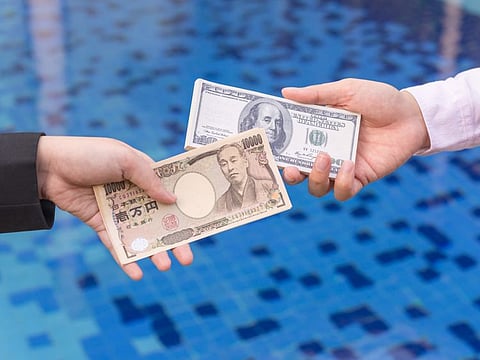Japanese yen versus the US dollar
Why will the Japanese yen appreciate against the dollar, a reader shares his opinion

What you need to know:
- The dollar versus the yen, who will win?
Since the Bank of Japan introduced the quantitative easing program in 2012, the Japanese yen has depreciated sharply against the US dollar. According to the World Development Statistics of the World Bank Group, the official exchange rate, measured as local currency units per US dollar (period average), reached the 79 mark in 2012 and rose to 110 in 2018, thereby indicating a depreciation of the Japanese yen.
That makes the Japanese exports cheaper and more competitive in the international market. However, I identify two reasons why the Japanese yen may appreciate against the US dollar over the next 12 months or so. One reason is that the Japanese government, of late, has been implementing policies to boost the tourism industry in the country. That would increase the demand for the Japanese yen. The second reason is, the Olympics games are scheduled to be held in Tokyo in July next year. The event is expected to attract foreign visitors in millions; consequently, we anticipate an increase in the demand for the Japanese yen.
A combination of these two factors will have important implications for investment transactions. Foreigners living and working in Japan may choose to hold on to their savings (denominated in Japanese yen) for a while longer before eventually converting them into US dollars. An appreciating yen will significantly affect the domestic interest rates and returns on foreign currency deposits in Japan.
At higher values of the Japanese yen, the quantity demanded of yen denominated assets will decrease. It would, therefore, be interesting for the investors to wait and observe how the central bank in Japan adjusts the interest rate if the yen does appreciate in the coming months.
- The reader is a Japan-based associate professor of international trade and finance



